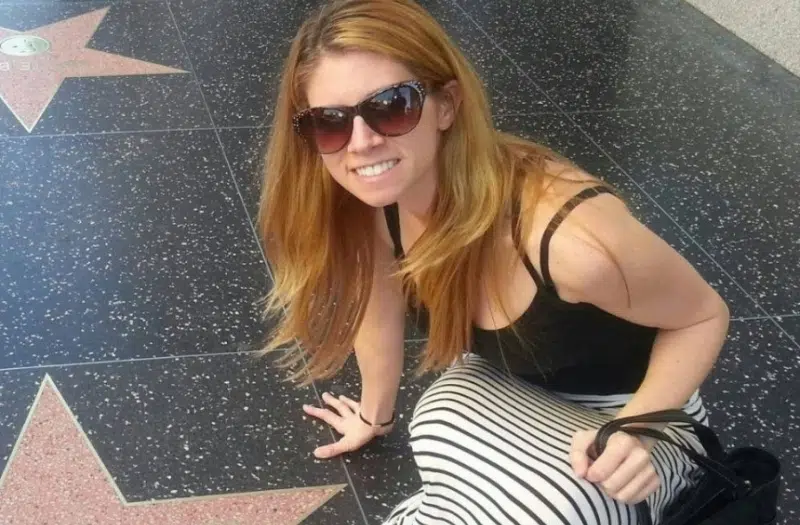The woman accused of sending packages with white powder to several Saskatoon businesses is facing more charges.
Alexa Emerson, who changed her name from Amanda Totchek, was in court Tuesday on 54 new charges related to the eight most recent white powder scares.
Saskatoon police said Emerson is charged with eight counts of public mischief, eight counts of mischief over $5,000, 14 counts of uttering threats, six counts of identity theft and 18 counts of breach of recognizance.
She also had to find a new lawyer as one of the packages was delivered to Brian Pfefferle, who was representing Emerson.
Pfefferle officially requested to withdraw as defence counsel Tuesday morning, and was replaced by Morris Bodnar.
Emerson is to be represented by Morris Bodnar – her matters are now being moved to later in the morning to give her time to meet with him.
— Bryn Levy (@BrynLevy) April 11, 2017
Emerson is being held in custody until a bail hearing May 9.
She is also facing 15 charges in relation to five suspicious white powder packages that were delivered to different locations on Nov. 29, 2016.
She pleaded not guilty to those charges and was released on bail Jan. 26.
The trial for those charges is set to begin May 15.
New lawyer says client maintains innocence
Saskatoon defence lawyer Morris Bodnar took over Emerson’s case on the latest round of charges from Brian Pfefferle.
Bodnar said he and Pfefferle would still need to discuss who would defend Emerson on her initial round of charges pertaining to alleged harassment of an ex-boyfriend and the first round of white powder packages delivered back in November.
Speaking outside his office Tuesday afternoon, Bodnar said he has yet to see the evidence police have against his client.
He said he expects several thousand pages of information to wade through, given the large number of charges and the complexity of the case.
In the end, he said his first order of business will be to represent his client at her upcoming bail hearing.
“She isn’t happy remaining in custody because her position has always been that she didn’t do anything wrong and that she has abided by all the conditions of her previous release,” he said.
Asked if he planned to pursue a psychiatric evaluation for his client, Bodnar said he wanted to see the evidence against Emerson before making any decisions.
“If she didn’t do it, you don’t need a psych evaluation. That’s why I have to review disclosure that isn’t available yet.”
Bodnar said the issue of whether Emerson can get a fair trial was also weighing on his mind, given the amount of attention the case has generated in Saskatoon.







